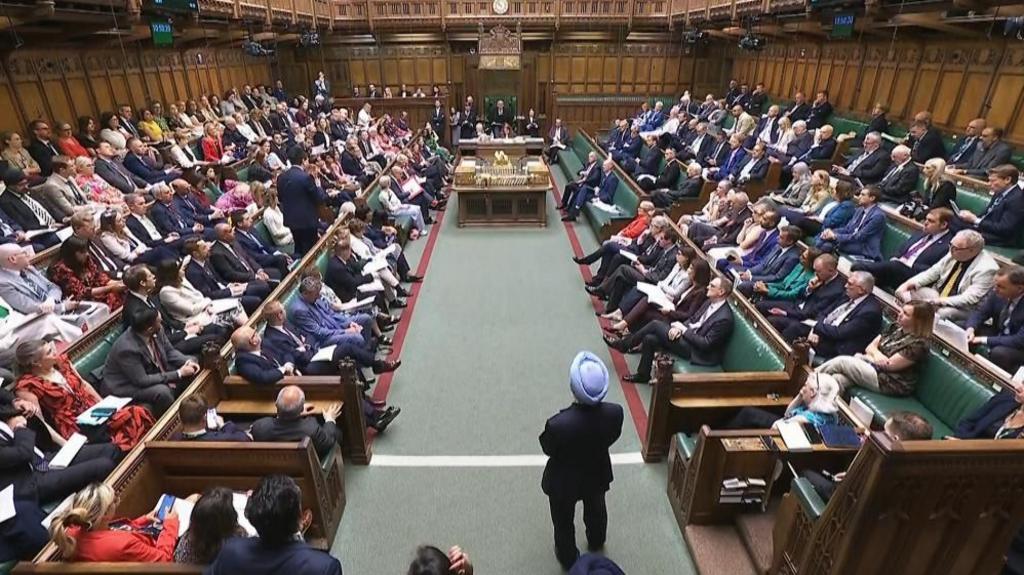Following a final parliamentary debate, the UK House of Commons has voted to legalize assisted dying in England and Wales. The Terminally Ill Adults (End of Life) Bill passed with a majority of 23 votes (314 to 291).
MPs enjoyed a free vote on this matter, without party line instructions. The third reading marked the final opportunity for MPs to approve or reject the legislation.
It’s noteworthy that the margin of victory is significantly reduced from the previous vote in November, where the bill secured a 55-vote majority (330 to 275). The House last considered such legislation in 2015, ultimately rejecting similar proposals.
The bill, introduced by Labour MP Kim Leadbeater, now proceeds to the House of Lords for further review.
The bill, as amended following committee and report stages, establishes stringent criteria for eligibility, including a terminal illness with a prognosis of six months or less to live and a series of safeguards.
Significant amendments include replacing High Court judicial approval with a three-person panel comprising a senior legal figure, psychiatrist, and social worker. The revised bill also mandates that doctors address alternative options like palliative care before discussing assisted dying.
Further amendments ensure that independent advocates are provided for individuals with learning disabilities, autism, or mental health conditions. A separate assisted dying bill is under consideration in Scotland (link to relevant article), while the Isle of Man (link to relevant article) recently became the first part of the British Isles to legalize the practice.
Globally, assisted dying remains illegal in many nations, yet over 300 million people reside in jurisdictions where it’s permitted, including Canada, Australia, New Zealand, Spain, and Austria, all of which enacted such legislation since 2015.
The House of Commons approves legislation legalizing assisted dying in England and Wales, by a narrow margin. This landmark bill will permit terminally ill adults to access medical assistance to end their lives, subject to stringent criteria and safeguards. The bill now faces further scrutiny in the House of Lords. Similar legislation is being considered in Scotland and other regions.

